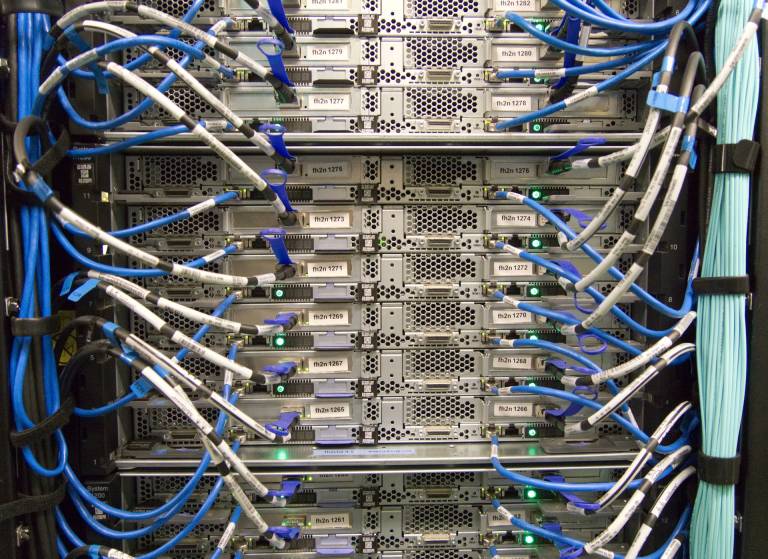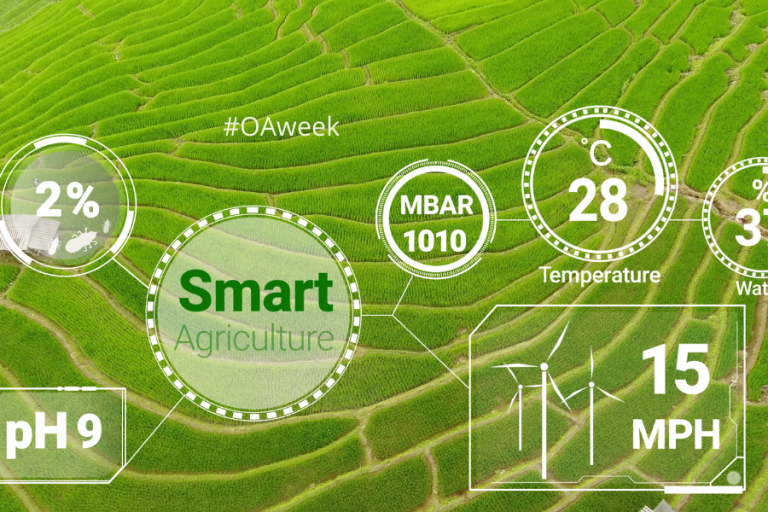The Third Nordic Course on FAIR Data Stewardship, organised by the Nordic e- infrastructure project NeIC in cooperation with the CSC from Finland, gathered more than 90 participants from Nordic countries, including specialists from the University of Tampere Library to deepen their understanding on research data management techniques (data stewardship) and how to make data visible and reusable (FAIR).
The FAIR principles have been under much discussion in the last few years, not least due to the fact that many research funders have taken them as a guideline in setting requirements how the research data should be managed in the project they fund. The FAIR principles originated from an article by Mark Wilkinson — himself serving as a trainer on the course — and colleagues (2016). Its writing was inspired by the idea that ever-increasing amounts of research data should be more findable, accessible, interoperable, and re-usable. However, simply making data or individual documents available in data archives and repositories is not enough, but their contents should also be machine-accessible and interoperable with each other.
It is not possible to convert all data into machine-accessible form. For this reason, FAIR is 90 % of metadata that is structured and machine-accessible descriptive information about the data itself. The data should be described using open ontologies. In this way, the datasets and the related metadata could be linked (Linked Data). FAIR principles do not directly imply openness, as long as the metadata is open and machine-accessible.
However, FAIR data does not come about without work and cooperation. It requires at least three professionals to produce it: substance experts who understand the content of data, data professionals who master the FAIR principles, and technology professionals who master coding.



